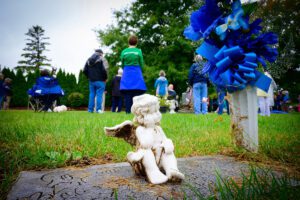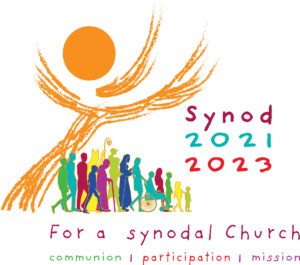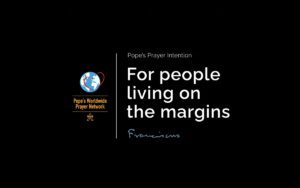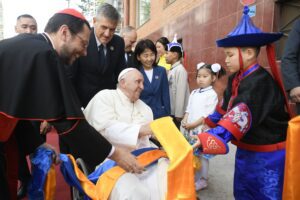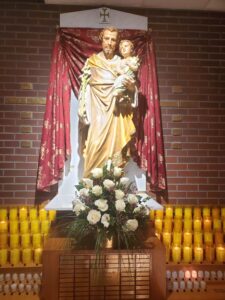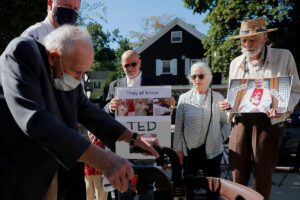VATICAN CITY (CNS) – Pope Francis said he knows people wonder why he traveled close to 6,000 miles to Mongolia to visit a Catholic community of only 1,450 people.
“Because it is precisely there, far from the spotlight, that we often find the signs of the presence of God, who does not look at appearances, but at the heart,” he told thousands of people gathered in St. Peter’s Square for his weekly general audience Sept. 6.
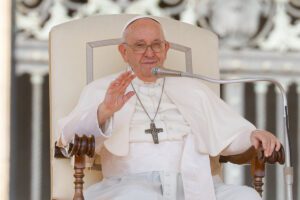
Following his usual practice of speaking about a trip at the first audience after his return, the pope said that during his Sept. 1-4 stay the country’s capital, Ulaanbaatar, he encountered “a humble and joyful church, which is in the heart of God,” but one that was excited to find itself at the center of the universal church’s attention for a few days.
“I have been to the heart of Asia, and it has done me good,” the pope said.
The missionaries who arrived in Mongolia in 1992 “did not go there to proselytize,” the pope said. “They went to live like the Mongolian people, to speak their language, the language of the people, to learn the values of that people and to preach the Gospel in a Mongolian style, with Mongolian words.”
The universality of the Catholic Church, he said, is not something that “homogenizes” the faith.
“This is catholicity: an embodied universality, which embraces the good where it is found and serves the people with whom it lives,” the pope said. “This is how the church lives: bearing witness to the love of Jesus meekly, with life before words, happy with its true riches, which are service to the Lord and to our brothers and sisters.”
The Catholic Church recognizes God at work in the world and in other people, he said. Its vision, and its heart, is as expansive as the sky over the Mongolian steppe.
The international group of missionaries working in Mongolia have discovered “the beauty already there,” he said. “I, too, was able to discover something of this beauty” by meeting people, listening to their stories and “appreciating their religious quest.”
“Mongolia has a great Buddhist tradition, with many people who live their religiosity in a sincere and radical way, in silence, through altruism and mastery of their own passions,” the pope said. “Just think of how many hidden seeds of goodness make the garden of the world flourish, while we usually only hear about the sound of falling trees!”
People naturally notice the noisy and scandalous, the pope said, but Christians must try to discern and recognize what is good in others and in the world around them.
“Only in this way, starting from the recognition of what is good, can we build a common future,” he said. “Only by valuing others can we help them improve.”
Pope Francis said one thing that was very clear was how the Mongolian people “cherish their roots and traditions, respect the elderly and live in harmony with the environment.”
“Thinking of the boundless and silent expanses of Mongolia, let us be stirred by the need to extend the confines of our gaze — please, extend the confines, look wide and high, look and don’t fall prisoner to little things,” the pope said. That is the only way “to see the good in others and be able to broaden our horizons and also to broaden our hearts to understand and to be close to every people and every civilization.”

